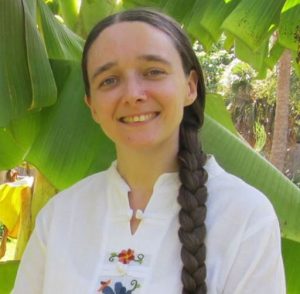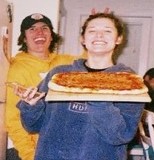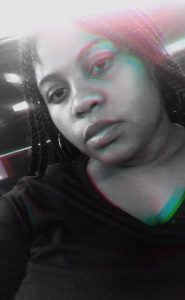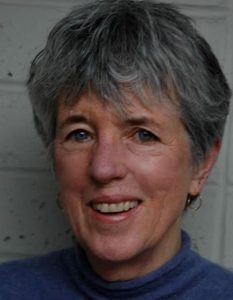by Rosa Sophia

I have no vehicle for this T18 four-speed transmission
Dana Model 300 transfer case.
This transmission
sat in my father’s shed after his four-wheeler crushed him
in the Pennsylvania woods, sat in the dark after a helicopter
carried my father off the mountain, waited in silence
as my father fell comatose, this transmission ignored
by my stepmother as she sold and gave away my father’s tools
couldn’t be bothered with when my family pulled the plug
couldn’t be reconciled the day I never flew to my father’s funeral.
It sat in this dark, dusty shed for eight years after my father’s death.
Now it doesn’t fit anywhere.
It couldn’t be lifted by my brother Mark in a rainstorm
in the mud two-handed, couldn’t be budged by thought,
ingenuity or reason, 240 pounds of cast iron needed a truck,
my cousin Barry behind the wheel with chains and a trailer.
Caked in grease it came to me with loosened bolts
dirt inside after my cousin inspected it closely, put it in neutral,
gave me advice I can’t remember on shifting gears, while together
we stabbed a perfect circle in my new car’s rear fender
with the spline of this transmission as it hung from a thick chain
like a locket, a reminder, a note as if to say, this doesn’t fit anywhere
before I drove it in the back of my new car 1200 miles
to Florida dragging gas mileage.
Now this dirty transmission hangs from a chain in my garage
where I twirl it after I dragged it from the trunk of my new car
crashed it into my knee and scraped my skin, slammed my wrist
the next day it’s swollen and gray, arm scraped, elbow bruised
dragged the hulking metal on the fender, added marks to my perfect circle
extra dings, a reminder, a note as if to say, take this transmission for instance
now it doesn’t fit anywhere.
Rosa Sophia grew up in Pa. and is working toward an MFA in Creative Writing at FIU in Miami. Her poem, “Take This Transmission for Instance,” won Runner-Up in the 2020 FIU Student Literary Awards. She holds a degree in Automotive Technology, and is also the managing editor of Mobile Electronics magazine.









